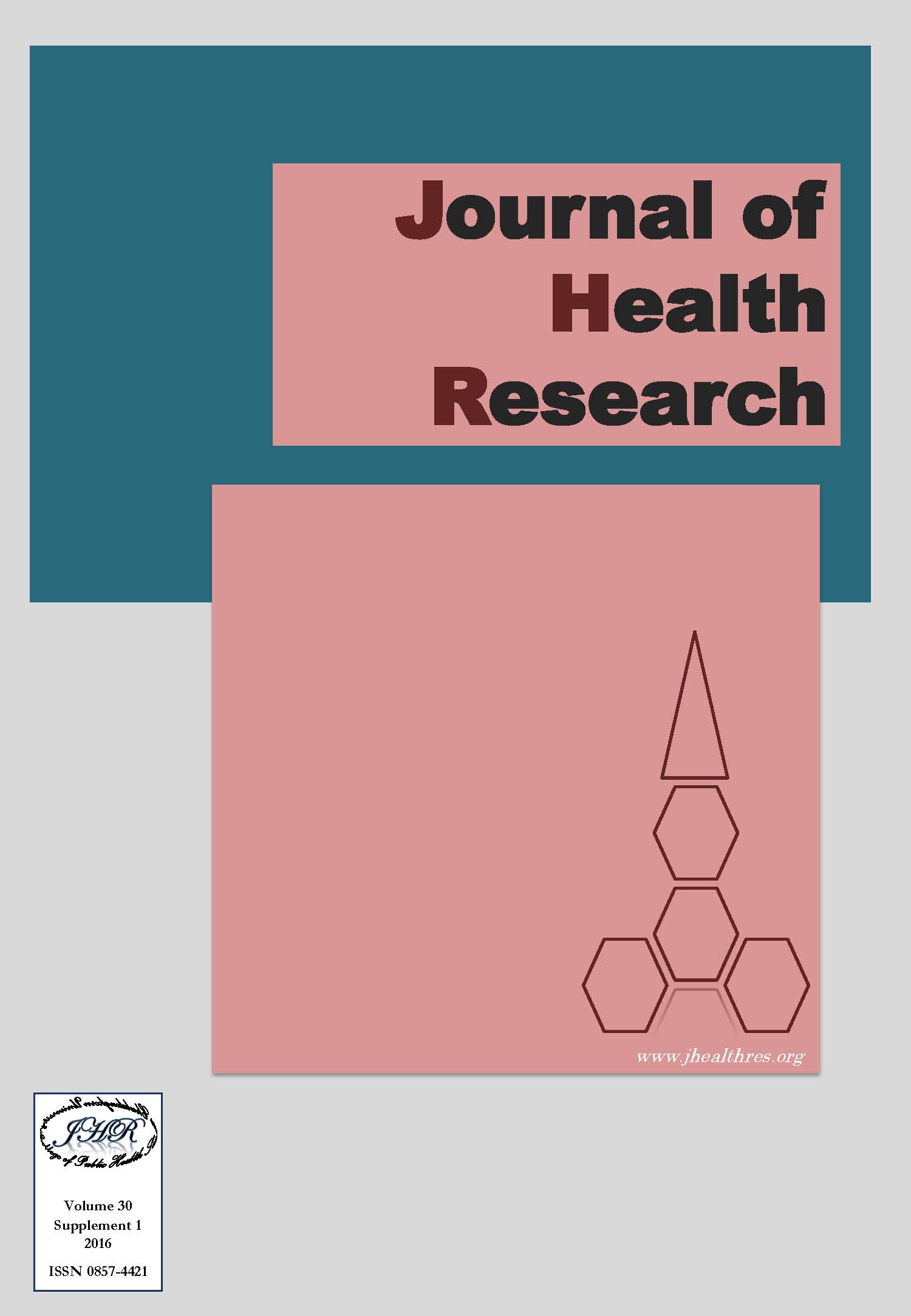Health risk related to pesticide exposure in the agriculture system in Thailand: a systematic review
Keywords:
Pesticide exposure, Agricultural system, Systematic review, ThailandAbstract
Agricultural use of pesticides has increased in Thailand in recent decades due largely to Thailand’s major role as a leading exporter of food. There is evidence of the adverse effects of pesticide exposure and health risk on Thai rice, chili and maize and other vegetable farmers. However, limited information is available about which cropping systems pose the greatest exposure risk to farmers and their families. This systematic review was aimed at comparing the data of scientific articles on pesticide exposure of agricultural systems in Thailand. Original articles from Pubmed, The Journal of health Research and Science direct were compared focusing on adverse health effects, risk perception and proper prevention practices by farmers themselves. Articles were from Jan 2009 till Jan 2016 and most studies on organophosphates (OPs) show that farmers do suffer from adverse health effects while children are also exposed indirectly. Most studies reflect on the results of pesticide exposure being the result of improper use of personal protective equipment (PPE) and suggest guidelines and management strategies be implemented to increase the knowledge attitude and practices of farmers. In conclusion, hazard quotient (HQ) levels in most chili studies suggest that residue of Profenofos on chilies was higher than the acceptable level suggested by the hazard quotient (HQ > 1) and exceed acceptable risk. However, based on acetylcholinesterase (AChE) and pseudocholinesterase (PChE) levels in farmers the research suggests that rice farmers have a higher risk of adverse health effects than chili, maize and other vegetable farmers.







